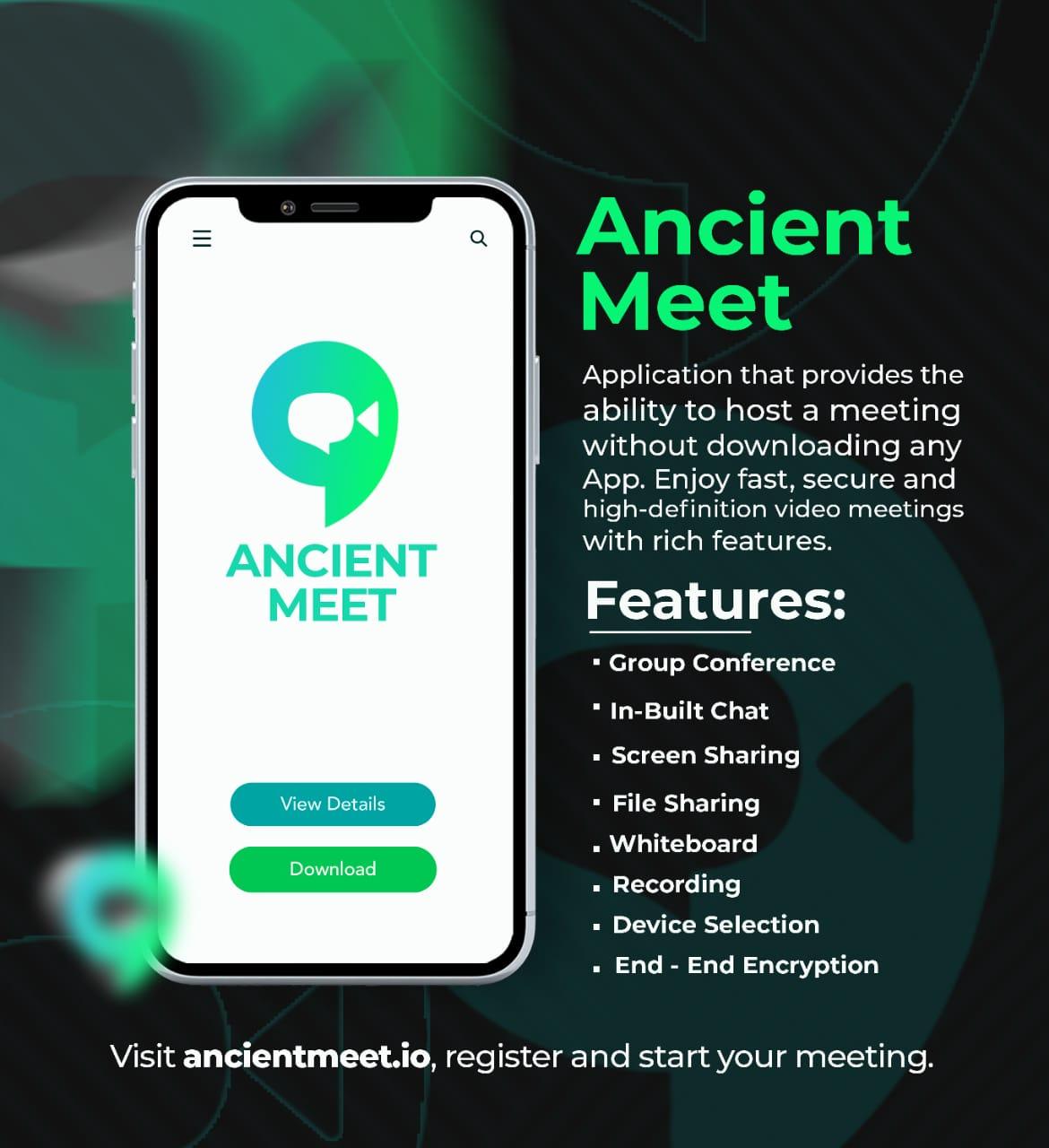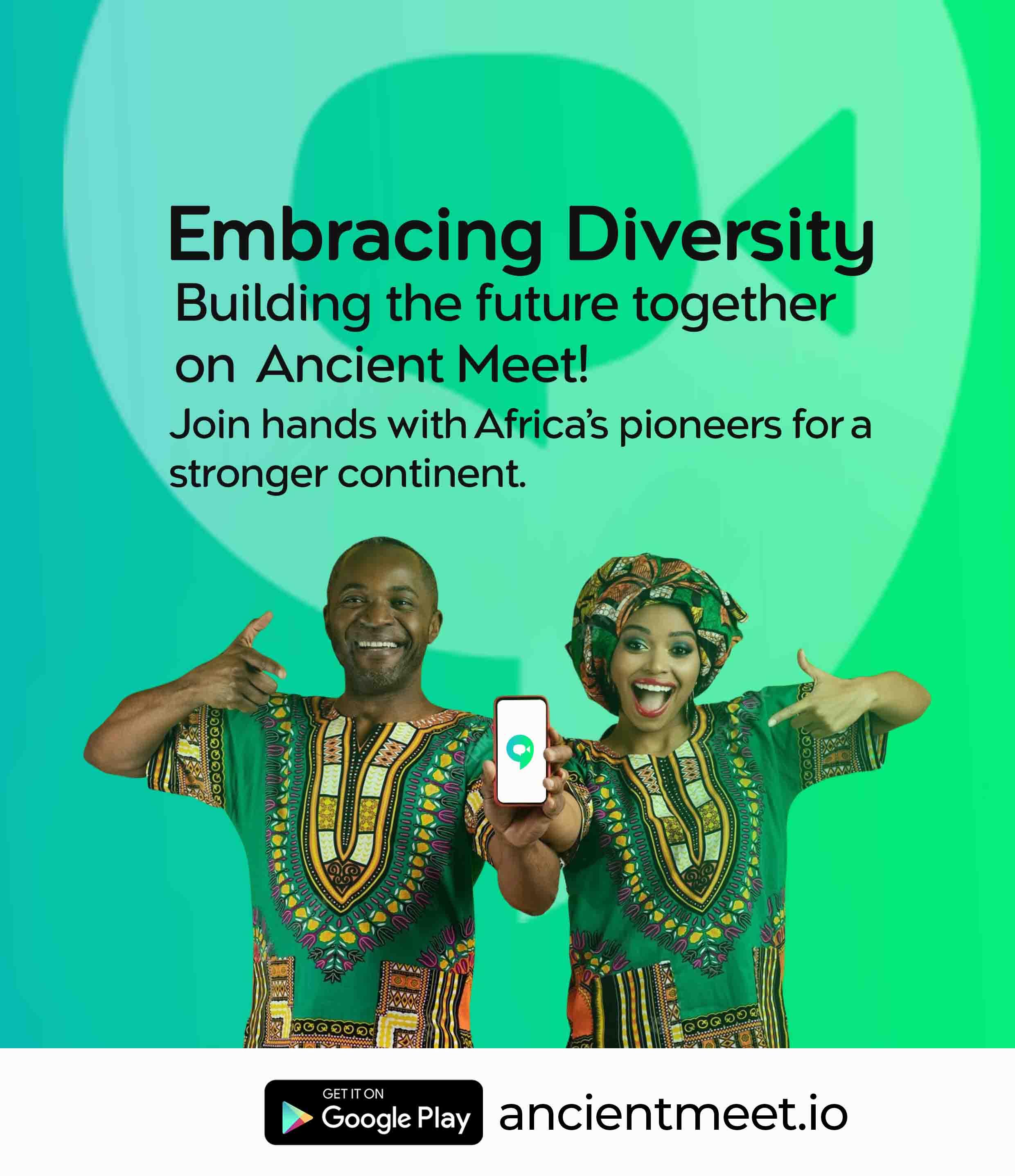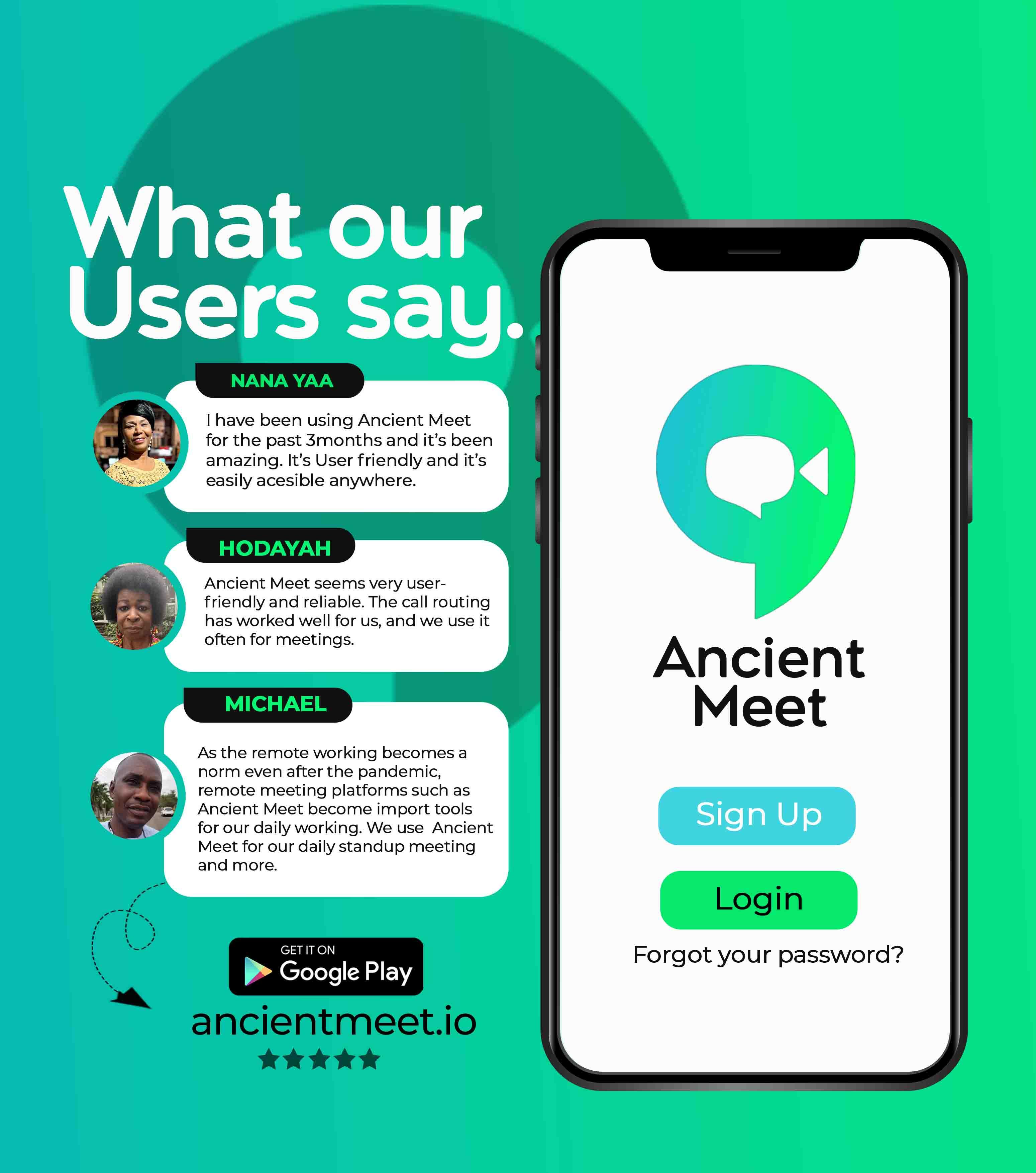
Back to Africa Initiative: Reconnecting with Roots and Building a Prosperous Future
The "Back to Africa" initiative is a movement aimed at encouraging people of African descent to return to Africa, reconnect with their roots, and contribute to the continent's development. This initiative is not just about physical relocation but also about fostering a sense of identity, heritage, and collective progress. It seeks to harness the talents, skills, and resources of the African diaspora to drive economic, social, and cultural growth in Africa.
Objectives of the "Back to Africa" Initiative
- Cultural Reconnection:
- Promote a deep understanding and appreciation of African heritage and culture among people of African descent.
- Facilitate cultural exchanges and immersion programs to help individuals reconnect with their ancestral roots.
- Economic Empowerment:
- Encourage investments and business ventures in Africa, leveraging the skills and capital of the African diaspora.
- Support the creation of job opportunities and the development of local industries to boost economic growth.
- Educational and Skill Development:
- Provide educational opportunities and skill development programs to empower returning individuals and local communities.
- Establish partnerships with educational institutions to enhance knowledge transfer and capacity building.
- Community Building:
- Foster a sense of unity and solidarity among the African diaspora and local communities.
- Create platforms for collaboration and mutual support, strengthening the bonds within the global African community.
- Advocacy and Awareness:
- Raise awareness about the historical, cultural, and economic significance of returning to Africa.
Advocate for policies and initiatives that support the reintegration and empowerment of returnees.
Key Components of the "Back to Africa" Initiative
- Relocation Support:
- Provide logistical assistance and resources for individuals and families planning to relocate to Africa.
- Offer guidance on legal, financial, and practical aspects of moving and settling in African countries.
- Investment and Entrepreneurship:
- Encourage investment in African businesses and startups, providing incentives and support for diaspora entrepreneurs.
- Facilitate access to funding, mentorship, and business development resources to promote successful ventures.
- Cultural Programs and Exchanges:
- Organize cultural exchange programs, tours, and events to help individuals reconnect with their heritage.
- Promote the preservation and celebration of African traditions, arts, and history.
- Educational Initiatives:
- Develop educational programs and scholarships to enhance learning opportunities for returnees and local communities.
- Partner with educational institutions to offer training, workshops, and courses in various fields.
- Community Integration:
- Create networks and support groups to assist returnees in integrating into local communities.
- Encourage collaborative projects that involve both returnees and local residents, fostering a sense of shared purpose.
Impact of the "Back to Africa" Initiative
- Cultural Revival:
- Strengthen the cultural identity and pride of individuals of African descent by reconnecting them with their roots.
- Promote the preservation and celebration of African cultural heritage on a global scale.
- Economic Growth:
- Drive economic development by attracting investments, creating jobs, and supporting local businesses.
- Leverage the skills and expertise of the diaspora to enhance innovation and competitiveness in various industries.
- Social Empowerment:
- Empower individuals and communities through education, skill development, and economic opportunities.
- Foster a sense of unity and collective progress, bridging the gap between the diaspora and local populations.
- Global Awareness:
- Raise awareness about the historical significance and ongoing contributions of the African diaspora.
- Advocate for policies and initiatives that support the reintegration and empowerment of returnees.
History and Present Status of the "Back to Africa" Initiative
Historical Background
The "Back to Africa" movement has deep historical roots, tracing back to the late 18th and early 19th centuries. It emerged as a response to the brutal legacy of slavery and colonialism, aiming to reconnect African descendants in the diaspora with their ancestral homeland. Key historical milestones in the "Back to Africa" initiative include:
- The Founding of Liberia (1822):
- One of the earliest and most significant "Back to Africa" efforts was the establishment of Liberia. The American Colonization Society (ACS) facilitated the migration of freed African Americans to West Africa. In 1822, they founded the colony of Liberia, which later became an independent republic in 1847. Liberia served as a symbolic return to African soil for formerly enslaved people and a beacon of freedom and self-governance.
- Marcus Garvey and the Universal Negro Improvement Association (UNIA) (1914-1940s):
Marcus Garvey, a Jamaican-born activist, played a pivotal role in promoting the "Back to Africa" ideology. Through the UNIA, founded in 1914, Garvey advocated for the economic, social, and political empowerment of African descendants. He emphasized the need for self-reliance and the establishment of a unified African homeland. Garvey's "Back to Africa" campaign inspired millions and laid the groundwork for future Pan-African movements.
https://afroculture.net/marcus-garvey-leader-of-the-back-to-africa-movement-pan-africanist/
- The Rastafari Movement (1930s-present):
- Originating in Jamaica in the 1930s, the Rastafari movement also embraced the "Back to Africa" philosophy. Rastafarians regard Ethiopia as their spiritual homeland and view Haile Selassie I, the former emperor of Ethiopia, as a messianic figure. The movement encourages repatriation to Africa and promotes African identity, culture, and resistance to oppression.
Present Status
The contemporary "Back to Africa" initiative has evolved, adapting to modern contexts and challenges. Today, it encompasses a range of activities, from cultural reconnection and economic investment to social and political advocacy. Key aspects of the current status of the "Back to Africa" initiative include:
- Cultural Reconnection:
- The desire to reconnect with African heritage remains a powerful motivator. Cultural exchange programs, heritage tours, and genealogical research projects help African descendants explore their roots and strengthen their sense of identity. Initiatives like "Year of Return" in Ghana, which marked the 400th anniversary of the arrival of enslaved Africans in North America, have attracted significant interest and participation from the diaspora.
- Economic Investment:
Economic empowerment is a crucial component of the modern "Back to Africa" movement. African countries are actively courting diaspora investment through incentives and opportunities in various sectors, including real estate, technology, agriculture, and tourism. Organizations like the African Diaspora Network (ADN) and the African Union's (AU) African Diaspora Initiative facilitate connections between diaspora investors and African businesses.
- Repatriation and Relocation:
While the focus on physical repatriation has lessened compared to historical times, there is still a significant interest in relocation to Africa. Countries like Ghana, Senegal, and Ethiopia offer citizenship, residency, and investment programs to attract diaspora members. Additionally, digital nomads and entrepreneurs are increasingly relocating to African cities, contributing to the continent's growth and development.
- Social and Political Advocacy:
Advocacy for social justice, human rights, and political empowerment continues to be a vital aspect of the "Back to Africa" initiative. The African diaspora plays an active role in advocating for policies that support racial equality, economic development, and democratic governance in Africa and their countries of residence. Collaborative efforts between African governments and diaspora organizations aim to address issues such as brain drain, human rights abuses, and underdevelopment.
- Community Building and Support Networks:
- Modern technology has facilitated the creation of robust support networks and communities for those interested in the "Back to Africa" movement. Online platforms, social media groups, and diaspora organizations provide information, resources, and support for individuals considering relocation or investment in Africa. These networks help ease the transition and foster a sense of belonging and community.
Conclusion
The "Back to Africa" initiative has a rich history rooted in the struggle for freedom, identity, and self-determination. Today, it continues to evolve, driven by the desire for cultural reconnection, economic empowerment, and social justice. The initiative's modern manifestations reflect the diverse ways in which people of African descent are engaging with the continent, contributing to its development, and building a prosperous future. Through cultural, economic, and social efforts, the "Back to Africa" movement remains a powerful force in shaping the relationship between the African diaspora and the African continent.
The "Back to Africa" initiative is a transformative movement that seeks to reconnect people of African descent with their heritage and contribute to the continent's development. By promoting cultural reconnection, economic empowerment, education, and community building, this initiative aims to create a prosperous and united global African community. Together, we can build a future where the talents, skills, and resources of the African diaspora drive progress and prosperity in Africa, honoring our past while shaping a brighter future.















.jpeg)
.jpeg)


.png)















































